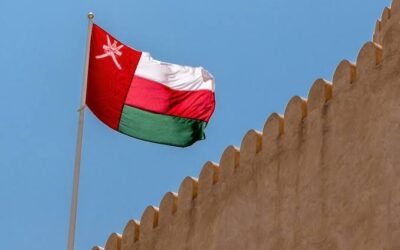Hajj takes place during the Islamic month of Dhu al-Hijjah, specifically from the 8th to the 12th of the month. It involves a series of rituals and acts of worship that commemorate the life and experiences of the Prophet Muhammad and his wife, Hagar.
The main rituals of Hajj include:
1. Ihram: Pilgrims enter a state of ihram, which involves wearing simple, seamless white garments and abstaining from certain activities, such as cutting hair or nails, using perfume, or engaging in sexual relations.
2. Tawaf: Pilgrims perform Tawaf by circumambulating the Kaaba, the sacred cubic structure located at the center of the Masjid al-Haram in Mecca. They walk around the Kaaba seven times in a counterclockwise direction, while reciting prayers and supplications.
3. Sa’i: After Tawaf, pilgrims proceed to perform Sa’i, which involves walking seven times between the hills of Safa and Marwa. This reenacts the search for water by Hagar, the wife of Prophet Ibrahim (Abraham).
4. Mount Arafat: On the 9th day of Dhu al-Hijjah, pilgrims gather at Mount Arafat, a vast plain outside Mecca. They engage in prayer, supplication, and reflection, seeking forgiveness and closeness to Allah.
5. Stoning of the Jamarat: Pilgrims participate in the symbolic stoning of three pillars that represent Satan. This ritual commemorates the rejection of temptation by Prophet Ibrahim when Satan attempted to dissuade him from following Allah’s command to sacrifice his son.
6. Eid al-Adha: The pilgrimage concludes with the celebration of Eid al-Adha, the Festival of Sacrifice. Pilgrims sacrifice an animal (usually a sheep or a goat) to commemorate the willingness of Prophet Ibrahim to sacrifice his son as an act of obedience to Allah.
By performing these rituals, Muslims believe they are fulfilling a significant religious duty and seek spiritual purification, forgiveness of sins, and blessings from Allah. Hajj is considered a unifying experience, bringing together Muslims from diverse backgrounds and nationalities, fostering a sense of unity and equality among believers.
Hassan Al Maqbali
Content Creator & Website Manager at Omanspire
Hassan Al Maqbali is a dedicated content creator and the website manager at Omanspire, where he writes passionately about Oman's culture, history, and the timeless stories that shape the nation’s identity. His work reflects a deep love for the Sultanate and a commitment to sharing its beauty with the world.
Driven by a desire to widen global understanding of Oman, Hassan creates narratives that present the country through diverse perspectives—capturing its people, heritage, landscapes, and evolving cultural heartbeat. Through Omanspire, he hopes to bring readers closer to the spirit of Oman, one story at a time.




